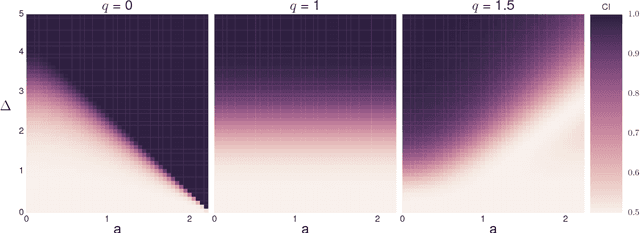Optimal Cooperative Inference
Paper and Code
Jan 25, 2018
Cooperative transmission of data fosters rapid accumulation of knowledge by efficiently combining experiences across learners. Although well studied in human learning and increasingly in machine learning, we lack formal frameworks through which we may reason about the benefits and limitations of cooperative inference. We present such a framework. We introduce novel indices for measuring the effectiveness of probabilistic and cooperative information transmission. We relate our indices to the well-known Teaching Dimension in deterministic settings. We prove conditions under which optimal cooperative inference can be achieved, including a representation theorem that constrains the form of inductive biases for learners optimized for cooperative inference. We conclude by demonstrating how these principles may inform the design of machine learning algorithms and discuss implications for human and machine learning.
 Add to Chrome
Add to Chrome Add to Firefox
Add to Firefox Add to Edge
Add to Edge